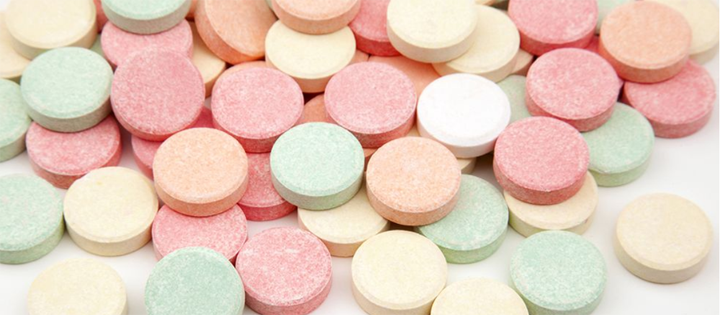
SIDE EFFECTS OF TAKING LONG-TERM
ANTACIDS
- Is taking antacids daily bad for you?
- Are antacids responsible for Constipation?
- Are antacids responsible for Muscle issues?
- Are antacids responsible for Respiratory issues?
- Are antacids responsible for Risk of infection?
- Are antacids responsible Hypercalcemia?
- Are antacids responsible for Kidney stone?
- Are antacids responsible for Osteoporosis?
- Are antacids responsible Oesophageal cancer?
- Are antacids affect Heart?
Is taking antacids daily bad for you?
If you experience heartburn or chest pain and find yourself popping antacids more than two or three times a week, it is time to see your doctor. While antacids may relieve your symptoms, they won’t fix the root of the problem if you have an underlying health condition
Constipation
Constipation is one of the most common symptoms of excessive use of antacid, It is usually seen with calcium, as well as aluminum antacids. And, the backup may not clear so easily.
Muscle issues
Muscle twitching, generalized weakness, and even muscle tenderness and pain are the most common complaints. This is due to effects on the levels of calcium, magnesium, and phosphorus in the bloodstream.
In simple terms, any changes in levels of various electrolyte levels may adversely impact muscle and nerve function, so taking antacids in high doses or too casually can alter the balance in your body and lead to some weird musculature symptoms. The severity of the symptoms is influenced by the amount of antacids and duration of use, so if you start to notice anything strange, book it to the doctor.
Respiratory issues
Slower breathing could also be a sign you’re going overboard on antacids. This effect happens if you consume too many that contain sodium bicarbonate or calcium carbonate, which can elevate the pH in your bloodstream.
Risk of infections
While gastric acid helps to digest food, it also protects the body by destroying bacteria that are contained within food and beverages. So, when there’s too much antacid present, it can be problematic.
Excessive neutralization of stomach acid allows bacteria to survive in the GI tract. In essence, this weakens one of the body’s main defense mechanisms. This could allow bacteria to contribute to gastroenteritis, as well as diarrhea due to varying types of bacteria. It could also put you at increased risk for upper respiratory illness, he says.
Hypercalcemia
Excessive use of antacids containing calcium carbonate may lead to hypercalcemia, or a condition known as milk-alkali syndrome. This syndrome was originally recognized in the 1920s during administration of the Sippy regimen—milk and bicarbonate—to treat peptic ulcer disease.It’s a condition where there is a breakdown in the lining of the stomach, or the first part of the small intestine (duodenum).”
Unless it’s treated, the condition is worrisome. Milk-alkali syndrome can lead to kidney failure and deposition of calcium throughout organs, especially in the kidney. And that could be dangerous: Accumulation of calcium in the kidneys, GI tract, and the lungs—especially in blood vessels—may impair organ functionality due to poor blood flow and even lead to organ failure. Luckily, this syndrome is reversible by stopping antacid use.
Kidney stones
Antacids containing calcium may also increase the excretion of calcium in the urine, which in turn can lead to the formation of kidney stones.
Heart
Proton pump inhibitors are a form of antacid drug commonly taken by adults for a range of health conditions. However, a new study suggests people may need to be cautious of their use, finding that adults using the drug are 16-21% more likely to have a heart attack than people not using the antacid. Proton pump inhibitors (PPIs) Experts initially believed that use of PPIs was only risky for patients with coronary artery disease who were also using the antiplatelet drug clopidogrel, considering the risk to be caused by a drug-drug interaction. More recent studies, however, have indicated that the risk may extend further.
DISCLAIMER
One should follow his/her own adviser and Doctor for final assessment of taking Medicine, Diet and Foods
